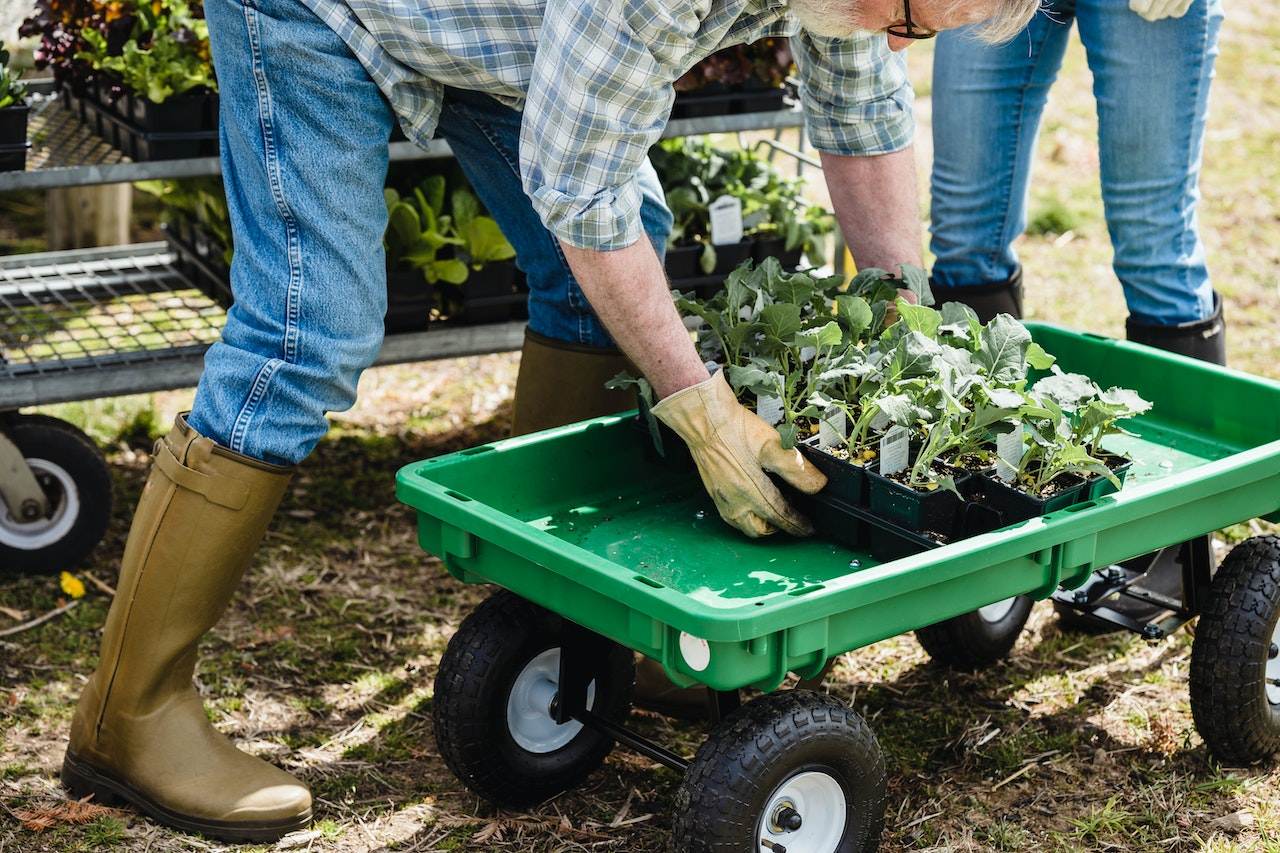With the next school year in full swing, we are calling on schools in Sheffield to consider buying local for their food procurement. As Sheffield’s Food Partnership, we are passionate about local food and what better place to use it than in the school dinners in our city’s schools. There are so many benefits to the broader community when organisations choose local food that has been grown roughly within 40 miles. Education providers are our partners in a brighter, better food system for our kids, and we want your help to get them on board.
The Benefits of Local School Meal procurement
As all schools need to provide a lunch option for pupils, their food procurement is integral to their offering. In Preston, 100% of local authority school food suppliers are classed as local, and 75% of the food purchased is produced in the UK. In Blackpool, another council-led initiative, Love British Food Schools Working Group, has seen growing use of local food across 32 school sites and 2 community cafes. If they can do it in Lancashire, we can do it in Yorkshire!
Here are why it benefits the school, pupils and the wider community when they choose local.
Save money for schools
With funding cuts stretching school budgets to the limit, many will look to reduce costs wherever possible. Choosing local food options can be one way of doing this whilst still providing the nutritional ingredients pupils need to thrive. At one primary school in Newham in London, they managed to save £10,000 by switching from milk cartons to using bottles provided by a local dairy wholesaler.
Supports local farmers and businesses
Even if a school saves a small amount of money, local procurement actually boosts the local economy even more. A study found that local procurement of school meals has a substantial economic multiplier, meaning that for every penny spent, more is generated than a penny locally. For example, two case studies in Nottingham and Plymouth demonstrated that for each £1 spent locally, there was a local re-spending of £1.19 and £0.85, respectively. If schools swapped to Sheffield produce, we could keep more money in the regional economy and increase local spending dramatically. This type of investment in our food and farming industry could also expand employment in Sheffield. This would increase council tax payments due to reduced local unemployment and reduce the payment of unemployment benefits.
A perfect education tool
By showcasing farm-to-fork procurement, schools can educate students on food, health and nutrition in an engaging way. Highlighting where food comes from and how it is grown is a practical educational tool. When students taste that food, they will connect it with the land and the farmers, rather than coming from just the school canteen or a supermarket. Some farms and food producers may also allow school trips, further expanding students’ understanding of our food system.
Environmental benefits.
The lessened environmental impact is another benefit of choosing local food procurement for school meals. Local food has reduced food miles, reducing carbon emitted through transport. The shorter the supply chain, the fewer carbon emissions, which are a leading driver of the climate crisis. Furthermore, local food procurement, which is organised around buying seasonal produce, reduces food waste for growers. Not only with local procurement reduce a school’s environmental footprint, but it’s also another excellent opportunity to educate students using real-world examples.
How you can help
If you’re a parent or guardian with children in Sheffield, we’d love for you to write to their school administrators and as them about their food options and whether they have local food on offer. If more students and their parents ask for investment in the local economy, we can change the food system for everyone. Local food is frequently cheaper, healthier and better for the environment. It will also help us build a more resilient food system so everyone can access food when needed. Not to mention, it can be part of creating a more robust local economy with reduced unemployment through increased jobs in the green sector.
Let your school know how important this issue is to your and your family. Here are a few things you can include in a letter:
- Where do the ingredients/school meals come from?
- If the food isn’t currently local, will you commit to getting more local food on our kids’ plates?
Are you on board? Tag us in your letters @sheffoodsocial and use the hashtag #shefToSilver on Twitter, Instagram and Facebook.

